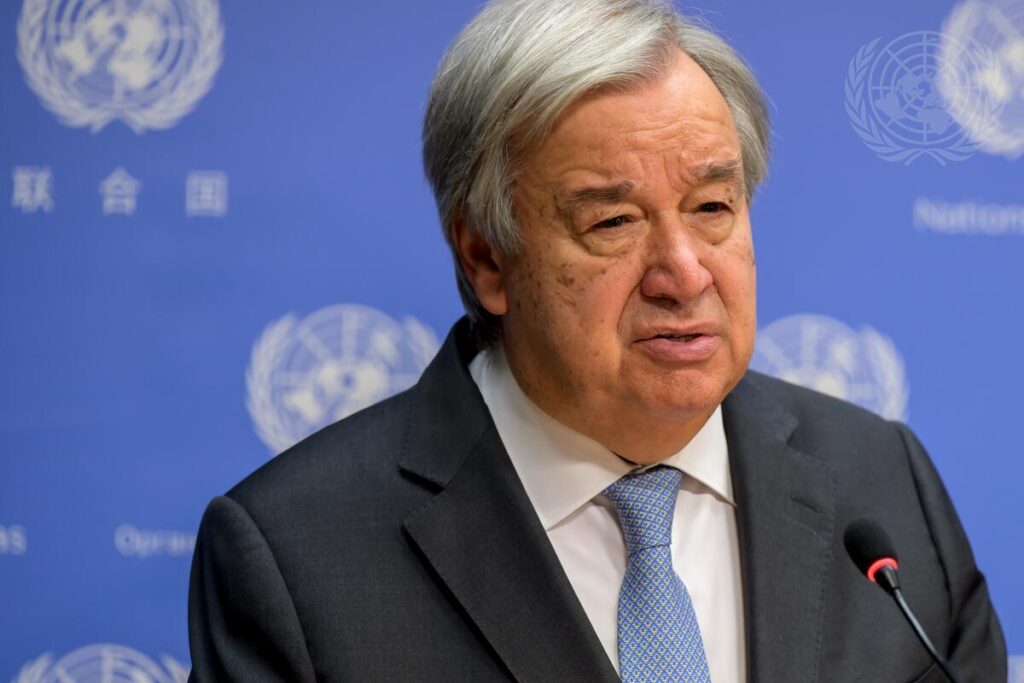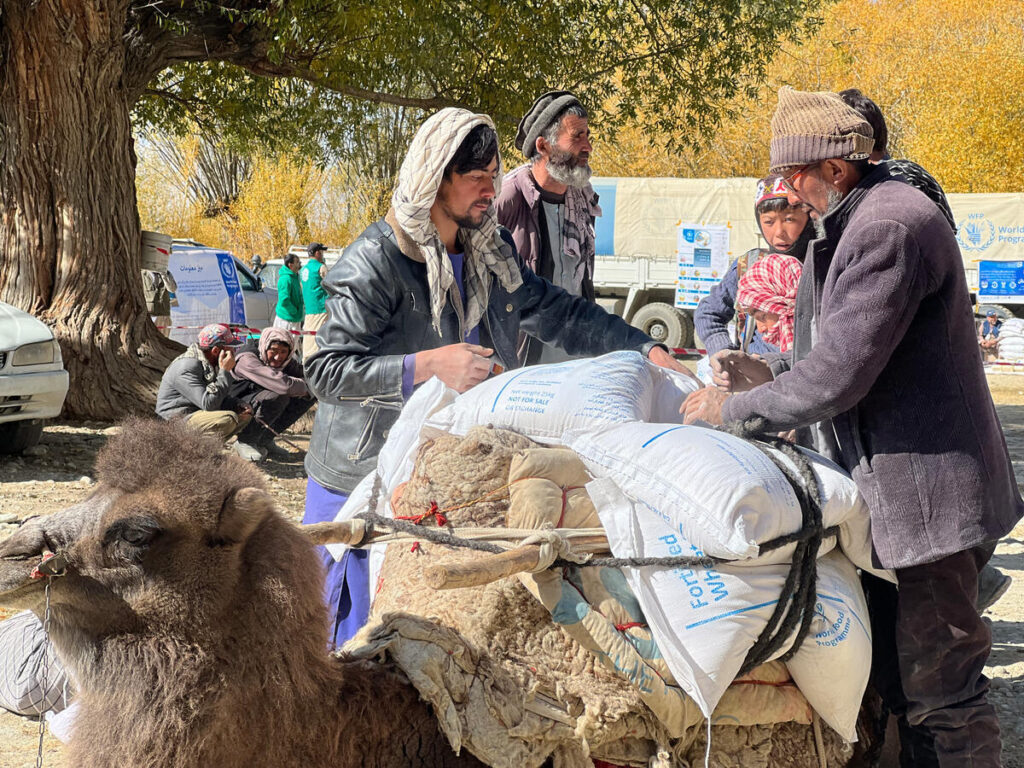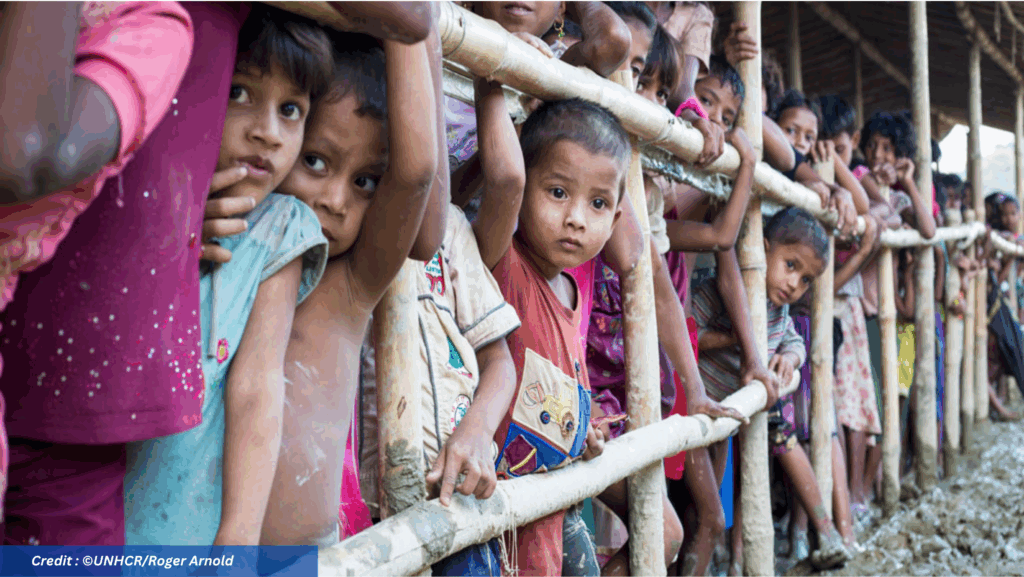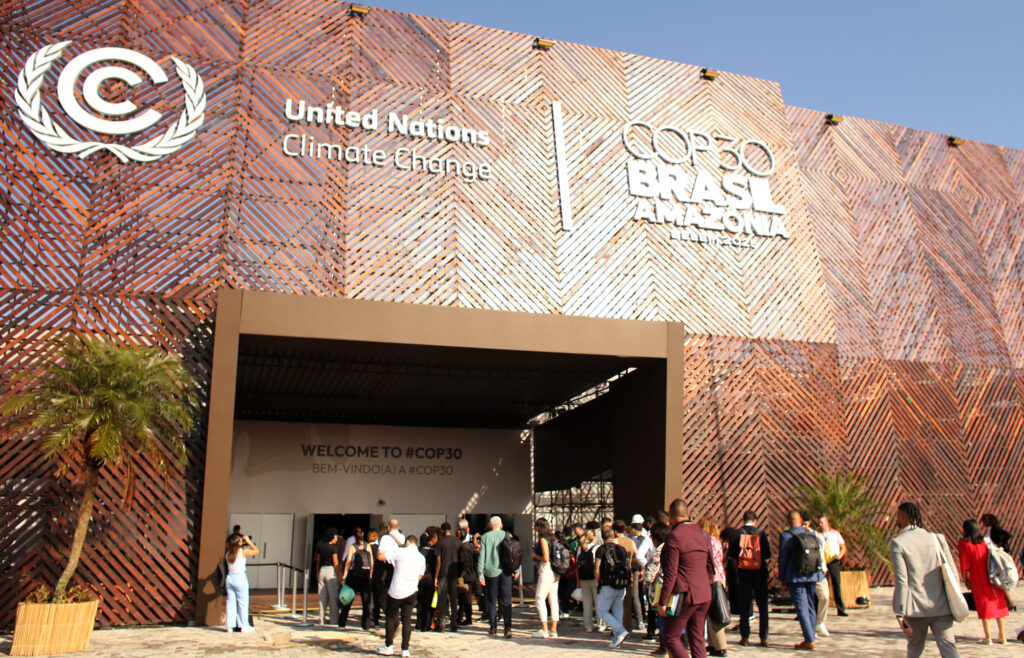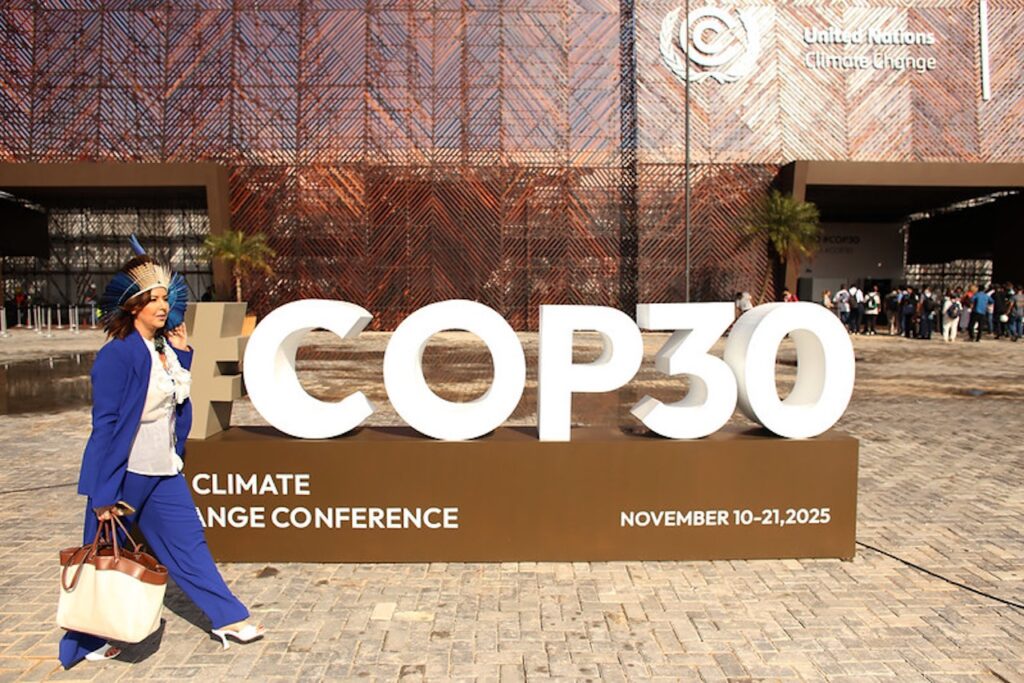Global economy shows resilience, but trade tensions and fiscal strains cloud outlook, UN warns
Note: Geopolitical risks, policy uncertainty and fiscal challenges continue to cloud the global economic outlook. In 2025, a sharp rise in United States tariffs unsettled the trade environment, though the global economy proved more resilient than expected. In 2026, global growth is projected to moderate, as weaker international trade is only partially offset by continued monetary easing. While inflation has eased in most economies, rising living costs continue to strain household budgets and exacerbate inequality. Risks of renewed supply disruptions remain elevated due to conflicts, climate-related disasters, trade fragmentation and geopolitical tensions. Following is a press release from the UN Department of Economic and Social Affairs (DESA).
New York, 8 January 2026 – Global economic output is forecast to grow by 2.7 per cent in 2026, slightly below the 2.8 per cent estimated for 2025 and well below the pre-pandemic average of 3.2 per cent, according to the World Economic Situation and Prospects 2026, released by the United Nations today.
During 2025, unexpected resilience to sharp increases in U.S. tariffs, supported by solid consumer spending and easing inflation, helped sustain growth. However, underlying weaknesses persist. Subdued investment and limited fiscal space are weighing on economic activity, raising the prospect that the world economy could settle into a persistently slower growth path than in the pre-pandemic era.
The report notes that a partial easing of trade tensions helped limit disruptions to international commerce. However, the impact of higher tariffs, coupled with elevated macroeconomic uncertainties, is expected to become more evident in 2026. Financial conditions have eased amid monetary loosening and improved sentiment, but risks remain high given stretched valuations – especially in sectors linked to rapid advances in artificial intelligence. Meanwhile, high debt levels and borrowing costs are constraining policy space, especially for many developing economies.
“A combination of economic, geopolitical and technological tensions is reshaping the global landscape, generating new economic uncertainty and social vulnerabilities,” said UN Secretary-General António Guterres. “Many developing economies continue to struggle and, as a result, progress towards the Sustainable Development Goals remains distant for much of the world.”
Regional economic outlook: expansion broadly steady, but uneven – Economic growth in the United States is projected at 2.0 per cent in 2026, compared to 1.9 per cent
in 2025, supported by monetary and fiscal easing. However, a softening labour market will likely weigh on momentum.
In the European Union, economic growth is forecast at 1.3 per cent in 2026, down from 1.5 per cent in 2025, as higher U.S. tariffs and ongoing geopolitical uncertainty dampen
exports. Output in Japan is expected to expand by 0.9 per cent in 2026, compared with 1.2 per cent in 2025, with a modest domestic recovery partly offsetting weaker external conditions. In the Commonwealth of Independent States and Georgia, growth is projected at 2.1 per cent in 2026, mostly unchanged from 2025, even as the war in Ukraine continues to weigh on macroeconomic conditions.
In East Asia, growth is projected at 4.4 per cent in 2026, down from 4.9 per cent in 2025 as the boost from front-loaded exports fades. China’s economy is expected to grow by 4.6 per cent, slightly lower than in 2025, supported by targeted policy measures. In South Asia, growth is forecast at 5.6 per cent in 2026, easing from 5.9 per cent, led by India’s 6.6 per cent expansion, driven by resilient consumption and substantial public investment. In Africa, output is projected to grow by 4.0 per cent in 2026, marginally up from 3.9 per cent in 2025. However, high debt and climate-related shocks pose significant risks. In Western Asia, GDP is expected to grow by 4.1 per cent in 2026, up from 3.4 per cent in 2025, yet the region remains exposed to geopolitical tensions and security risks.
In Latin America and the Caribbean, output is expected to expand by 2.3 per cent in 2026, slightly down from 2.4 per cent in 2025, amid moderate growth in consumer demand and a mild recovery in investment.
International trade facing headwinds; investment remains subdued – Global trade proved resilient in 2025, expanding by a faster-than-expected 3.8 per cent despite
elevated policy uncertainty and rising tariffs. The expansion was driven by the front-loading of shipments early in the year and robust growth in services trade. However, momentum is expected to ease, with trade growth projected to slow to 2.2 per cent in 2026.
At the same time, investment growth has remained subdued in most regions, weighed down by geopolitical tensions and tight fiscal conditions. Monetary easing and targeted fiscal measures have supported investment in some economies, while rapid advances in artificial intelligence fuelled pockets of strong capital spending in a few large markets. The report cautions, however, that the potential gains from AI, when realised, are likely to be unevenly distributed, risking a widening of existing structural inequalities.
Inflation continues to slow, yet strains to the cost of living persist – The report also underscores that high prices remain a key global challenge even as disinflation
continued. Headline inflation declined from 4.0 per cent in 2024 to an estimated 3.4 per cent in 2025 and is projected to slow further to 3.1 per cent in 2026. While overall inflation has moderated, elevated prices continue to weigh on real incomes. Unlike the globally synchronized surge of previous years, inflation trends have become more uneven, shaped by recurring supply bottlenecks amid rising geopolitical and climate-related risks.
Policymakers face an increasingly complex inflation landscape, where supply risks call for a more coordinated and forward-looking approach. Monetary policy remains central but needs to work with credible fiscal frameworks and targeted social measures to protect vulnerable groups. Sectoral polices also play a role by expanding productive capacity and strengthening supply chains, especially in food, energy and logistics. Coordinated action across monetary, fiscal and industrial policies will be critical to managing persistent price pressures without compromising social stability or long-term growth.
“Even as inflation recedes, high and still rising prices continue to erode the purchasing power of the most vulnerable,” said Li Junhua, UN Under-Secretary-General for Economic and Social Affairs. “Ensuring that lower inflation translates into real improvements for households requires safeguarding essential spending, strengthening market competition, and tackling the structural drivers of recurring price shocks.”
Call for renewed multilateral action – The report underscores that navigating an era of trade realignments, persistent price pressures, andclimate-related shocks will demand deeper global coordination and decisive collective action at atime when geopolitical tensions are rising, policies are becoming more inward-looking, and impetus
towards multilateral solutions is weakening. Sustained progress will depend on rebuilding trust, strengthening predictability, and renewing the commitment to an open, rules-based multilateral trading system.
The Sevilla Commitment, the outcome document of the Fourth International Conference on Financing for Development, offers a forward-looking blueprint to strengthen multilateral cooperation, reform the international financial architecture, and scale up development finance.
Delivering on its key priorities—including clearer debt workout modalities and expanded
concessional and climate finance—is essential to reducing systemic risks and fostering a more stable and equitable global economy.
~
Media Contacts:
3Martin Samaan, UN Department of Global Communications, samaanm@un.org
Helen Rosengren, UN Department of Economic and Social Affairs, rosengrenh@un.org
United Nations journalists – United Nations journalists – United Nations journalists
United Nations News – United Nations News – UN Correspondents Association – UNCA Awards


